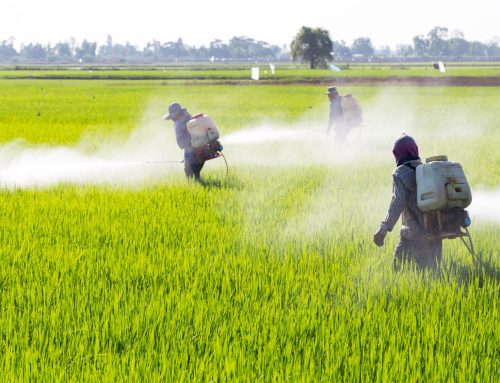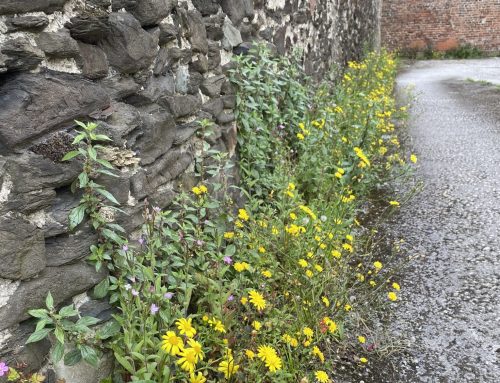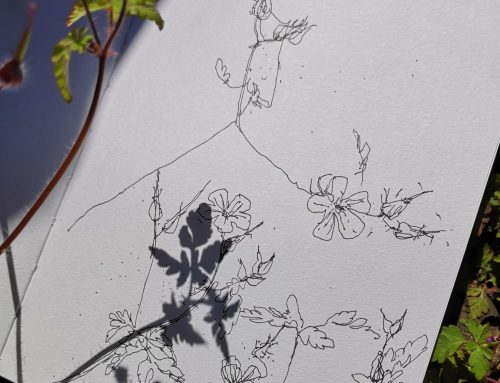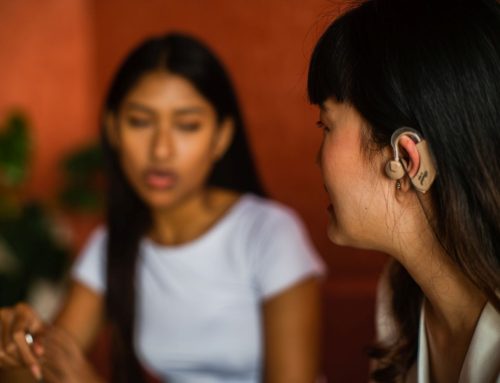by Stephanie Williamson, Staff Scientist, PAN UK
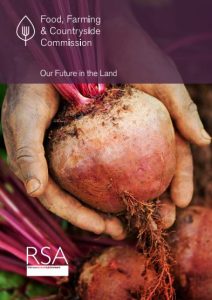 Launched in July 2019, the latest report from the convenors of the RSA’s Food, Farming & Countryside Commission, entitled Our Future in the Land, could have been yet another worthy, dull and hard to digest report of interest mainly to policy nerds and academics. But, in its 82 pages lies a hard-hitting and radical call to action for a fourth agricultural revolution in Britain – based on agroecology and building a fairer, more sustainable and healthier rural economy and food system.
Launched in July 2019, the latest report from the convenors of the RSA’s Food, Farming & Countryside Commission, entitled Our Future in the Land, could have been yet another worthy, dull and hard to digest report of interest mainly to policy nerds and academics. But, in its 82 pages lies a hard-hitting and radical call to action for a fourth agricultural revolution in Britain – based on agroecology and building a fairer, more sustainable and healthier rural economy and food system.
The report pulls no punches in its diagnosis of the causes of the 21st century food and farming crisis. Here are two quotes:
“One of the greatest risks to planetary and human health is a globalised and poorly regulated agri-food system.”
(World Health Organisation, unreferenced)“Billions of pounds invested in agricultural research over recent decades has failed to transform the profitability, productivity or environmental impact of farming in the UK.” (Agriculture & Horticulture Development Board, 2018)
The vision, rationale and recommendations in Our Future in the Land are not only green but tinged political red in places, suggesting, for example, restrictions on the number of ‘second homes’ in rural areas, as part of addressing the UK’s ‘hidden’ rural housing crisis. The authors highlight the social impact of our current industrialised food and farming system, which is not only degrading our environment globally but causing massive nutritional and mental health problems here at home. The FAO named and shamed the UK last year (FAO, 2018) for the estimated 2.2 million Britons suffering severe food insecurity- the highest level in Europe!
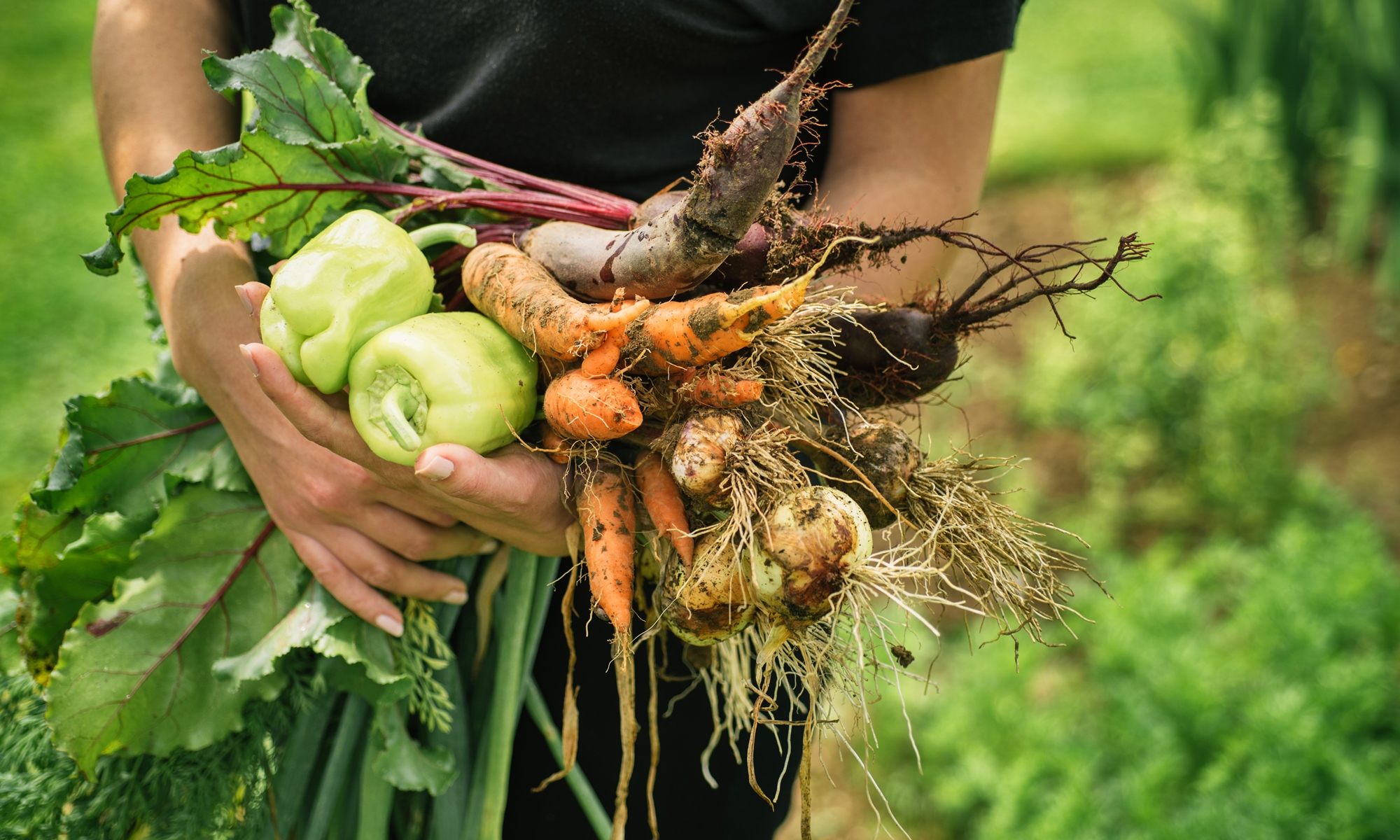
The fifteen Commissioners who compiled the report talked to hundreds of people around the UK, contributing to an extensive consultation with farmers, food companies, civil society and researchers. I found the report narrative convincing and well-argued and the proposed solutions inspiring. I also completely agree with the Commissioners’ calls for a radical rethink of how our food is grown and sold and our countryside managed. I applaud the strong commitments to social inclusion and justice, the much-needed focus on the links between what food we eat, how that food is produced and our health, well-being and environment, while at the same time advocating a greater voice for farmers in designing and implementing this food and farming revolution.
While there is only a very short section directly relating to pesticides and pest management, many of the headline recommendations resonate loudly with the broader brush picture that PAN UK paints, especially the following:
Under the theme Healthy food is every body’s business:
- Committing to grow the UK supply of fruit, vegetables, nuts and pulses, and products from UK sustainable agriculture and to using them more in everyday foods
- Establishing collaborative community food plans help inform and implement national food strategies and meet the different needs of communities around the UK
Under the theme Farming is a force for change:
- Designing a ten-year transition plan for sustainable, agroecological farming by 2030
- Backing innovation by farmers to unleash a fourth agricultural revolution
- Making sure every farmer can get trusted, independent advice by training a cadre of peer mentors and farmer support networks
- Establishing a National Agroecology Development Bank to accelerate a fair and sustainable transition
Under the theme A countryside that works for all:
- Investing in the skills and rural infrastructure to underpin the rural economy
- Creating more good work in the regenerative economy
The Commissioners highlight the need for a farming approach that learns from, works with and enhances natural systems. They mention integrated pest management (IPM), organic farming, agroforestry, conservation and regenerative agriculture as examples. They also discuss the need for public payments and policies to incentivise farmers to put agroecological principles into practice. As one of the components of their proposed ten-year transition plan for farming, they call for more stringent controls on the use of pesticides, anticipating that the scientific case for synthetic input reduction will continue to grow (PAN UK is calling for a pesticide reduction target, read more about it here). This will involve re-thinking our current pesticide registration process that still approves substances that later prove to be harmful when viewed through the lens of contemporary scientific understanding. The report sets a journey to phase out potentially harmful pesticides by 2030, while giving regulatory attention to the ‘cocktail’ effect as well as reducing pesticide use near watercourses and residential areas (see our Pesticide-Free Towns Campaign). It also proposes ways to reduce reliance on soluble fertilisers, antibiotics and fossil fuels, while rewarding farmers to sequester more carbon.
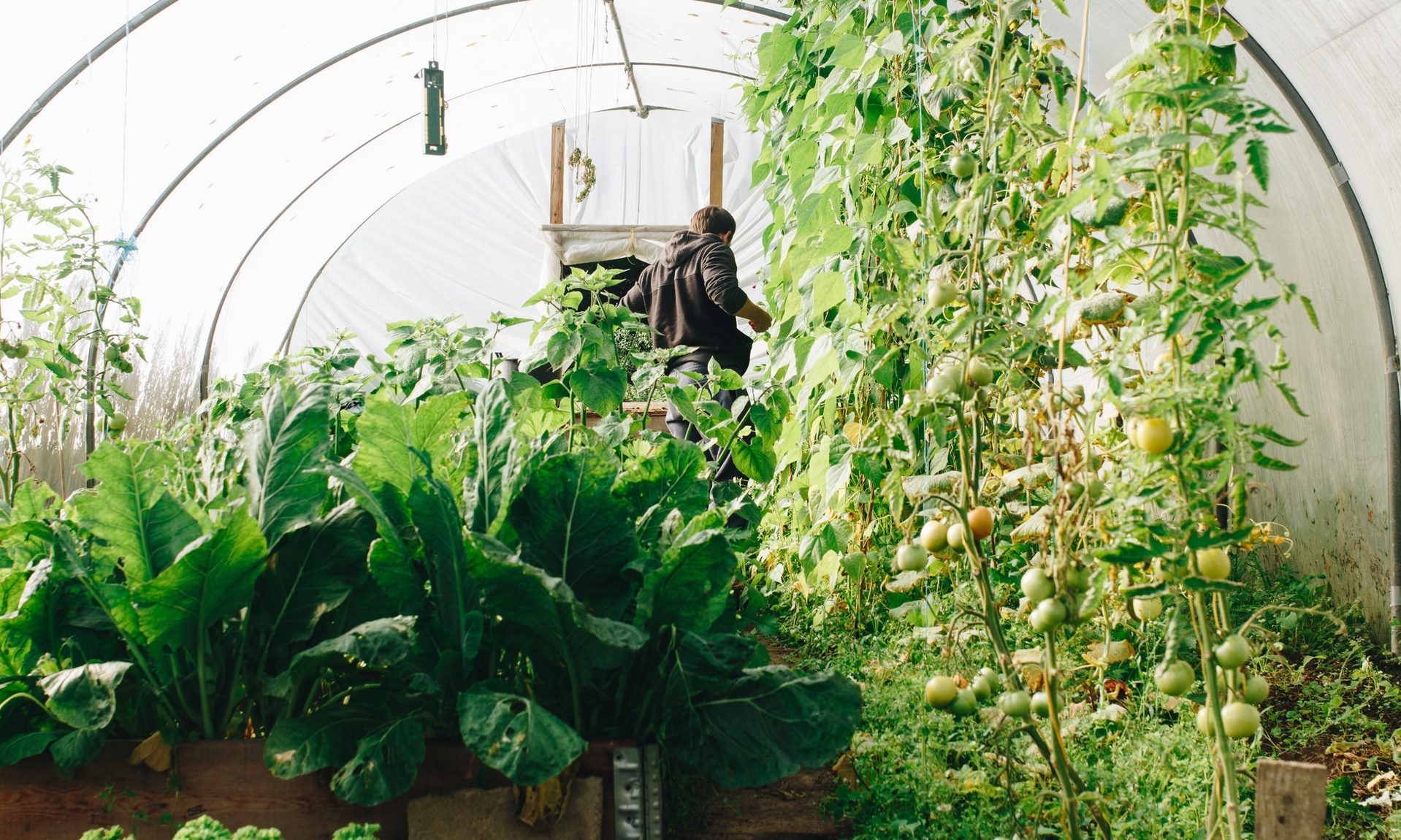
There are many other recommendations which PAN UK and our supporters will welcome. I particularly like the emphasis on farmer learning via peer-to-peer action research and experience sharing- i.e. a Farmer Field Schools approach adapted to the context of British farmers. One fantastic proposal is to set up a National Nature Service for young people to volunteer or train in rural areas, learn from those working in the countryside and help build the fairer and greener rural economy and food system envisioned in Our Future in the Land, for the benefit of all. Do read the report and be inspired!
References
AHDB (2018) Driving productivity growth together. Agriculture & Horticulture Development Board. Via: [see on-line ref 9 in report]
FAO (2018) The state of food insecurity and nutrition in the world, 2018. Via: http://www.fao.org/3/I9553EN/i9553en.pdf
RSA (2019) Our Future in the Land. Food, Farming & Countryside Commission. Royal Society for the encouragement of Arts, Manufactures and Commerce. Via: https://www.thersa.org/discover/publications-and-articles/reports/future-land


